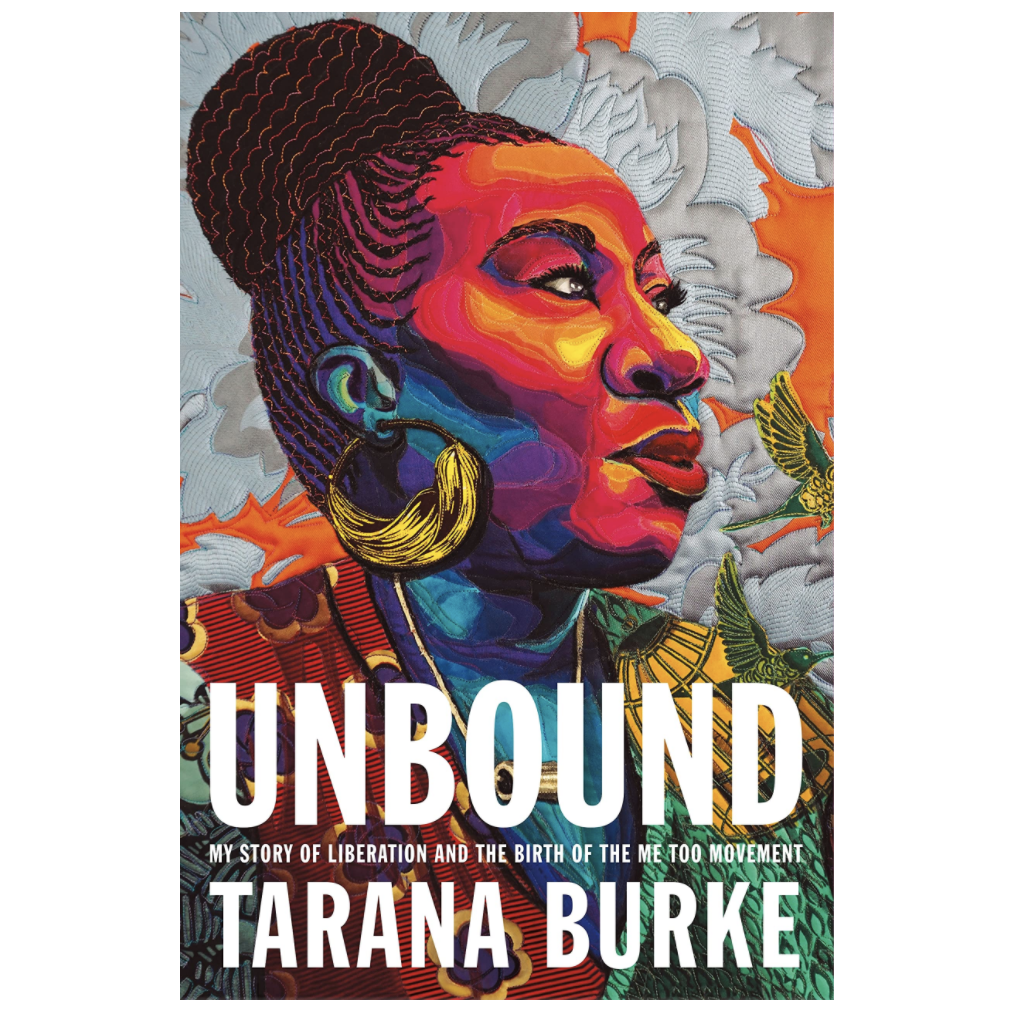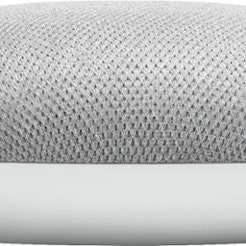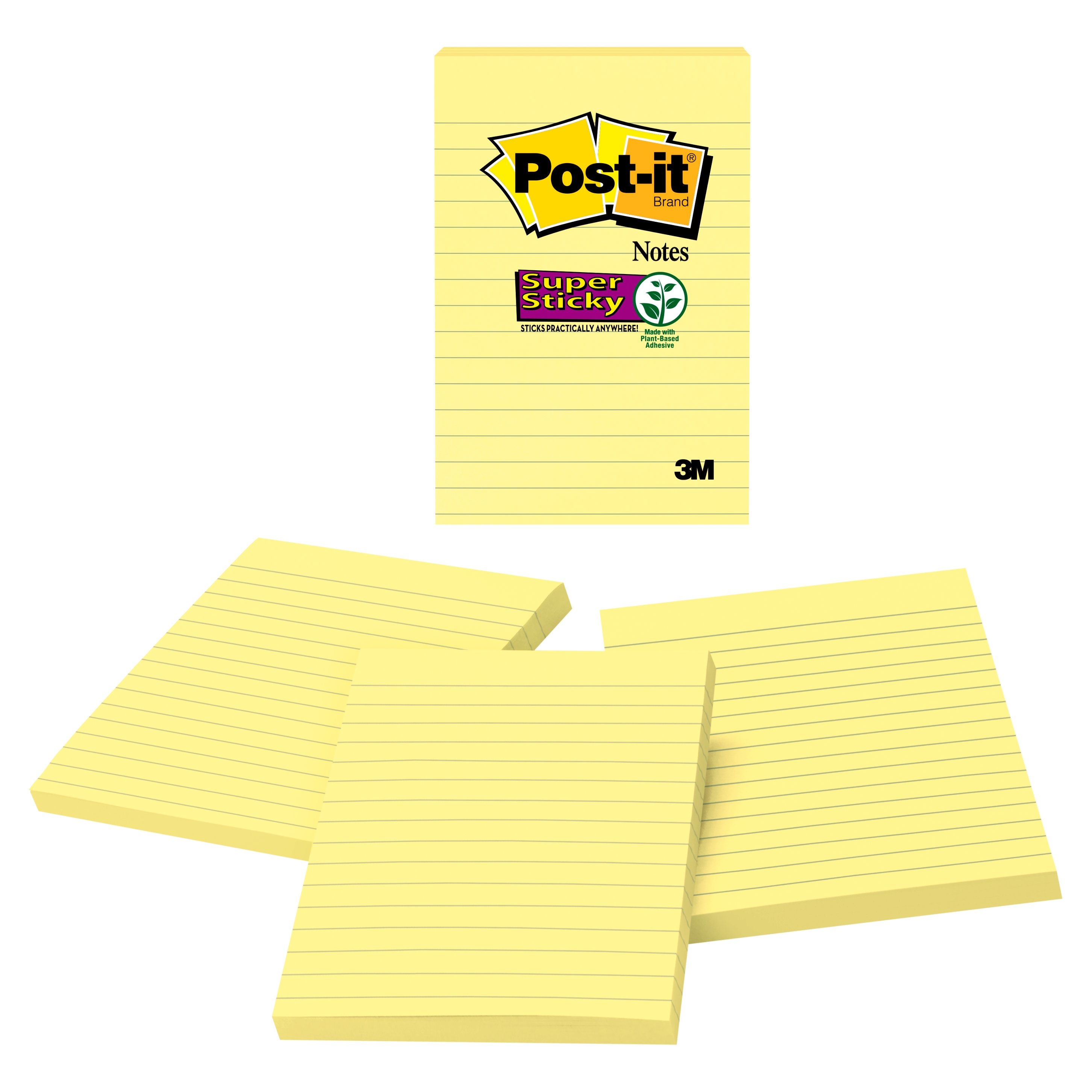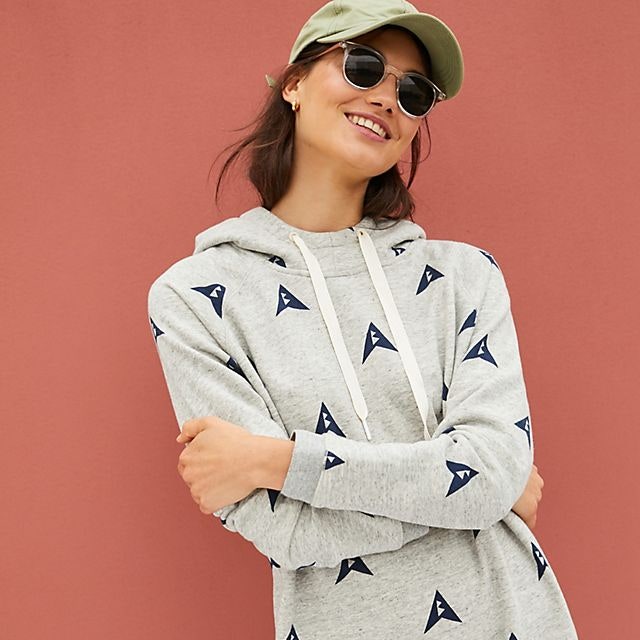The founder of the #MeToo movement's new memoir is out now.

Tarana Burke Has the Best Advice for Workplace Rejection
Tarana Burke has many titles to her name: activist, mother of the #MeToo movement, senior director of Girls for Gender Equity, a grassroots organization “committed to the physical, psychological, social, and economic development of girls and women,” and now author. On September 14, Burke's debut memoir, Unbound: My Story of Liberation and the Birth of the Me Too Movement, was released.
“I feel like I took my diary and wrapped it in a really pretty cover,” Burke tells Glamour of the memoir.
Though putting her life to paper was no easy feat, Burke had a secret weapon: a collection of journals she kept, going all the way back to middle school. While reviewing these journals, she realized she hadn't fully fleshed out her story—it was more like a series of highlights. So her writing process consisted of going deeper into the stories from her past.

“Unbound: My Story of Liberation and the Birth of the Me Too Movement” by Tarana Burke
$22.99Amazon“This is the most difficult creative process I've ever gone through, without question,” Burke says. “It was so gut-wrenching. I would write a chapter and literally have to not write for, like, a week, just to pull myself together. I would be writing and crying. I don't regret it though because the minute I finished, I felt like I'd given my story life on the outside of my body.”
She was struggling with what to title her memoir, until a friend advised her to just focus on the writing. The title Unbound came after she realized the central theme to her book: liberation. “As I was writing, it became more and more clear that the underlying theme for the book is about freeing myself from the ties that were binding me,” Burke says. “This long history of trauma and turmoil that I have been holding inside was in some ways still holding me tight. I needed to be released from it and writing that book was like the last and big final release.”
Burke's memoir details her journey from young girl in the Bronx to becoming the face of a global sexual assault survivors' movement. She describes trauma that upended her childhood and how it still inspires her advocacy, impacting the way she advocates for little Black and brown girls. Burke also describes the fear and anxiety that gripped her as she watched #MeToo go viral, unsure of the direction Twitter would take it.
“There was no reason for a 44-year-old Black girl from the Bronx to be seen as a world leader, right?” Burke says. “That could have very easily been just ‘Alyssa Milano started a movement. Oh yeah, there was a lady who did it before, but this is where we are now.’ That could have gone very differently, and we know it in our bones.”
Now she has released that fear. “It really is about what people want to acknowledge, because I'm here,” Burke says. “I'm quite visible. You look at me and my Black face and hear me talking about ‘Black, brown, marginalized, oppressed,’ all these different things and still say white women took the movement that's because you want to believe that. There's an internalized oppression that tells you I can't be.”
But before you dig into Tarana Burke's new memoir, catch up with the activist in our latest installment of Doing the Work. She talks how to trust in your team, her childhood dream job, and more workday essentials.
Her typical morning routine:
What I want to do is wake up at 7 a.m. and go work out, then come back and do my cleansing routine, clean my skin and my hair, and then ease into my day with a healthy breakfast. What actually happens is I wake up at 7 a.m. every day. I usually check email, and find my way to some cereal, probably Frosted Flakes. I'll have something I have to respond to that starts my day earlier than I wanted to. I am daydreaming about how to have a really relaxing, wonderful morning routine that will help me start my day off with less stress. I'm gonna hit it by 2022. I believe in myself.
Her childhood dream job:
A fashion editor. I wanted to be a writer, from a very young age, so I should say writing in some form. That kind of shifted into fashion at about 13 or 14, when I became obsessed with Vogue magazine, Glamour, and Elle. I would get all these fashion magazines and devour them. I always wanted to write in some capacity, and I just knew it was going to be fashion.
How she deals with rejection in the workplace:
As the person in a leadership position, I trust my team. That's the reason why I hired them; that's the reason why we are successful. So when they reject my ideas, it's never really a rejection. It's more like we all agree that this other way is better. I have to kind of swallow that. It doesn't hurt me—I trust that they know better than I do. Part of accepting rejection is also some humility that says, “I'm not the smartest person in the room all the time.” It's different if somebody is like, “No. Get out of here. That's dumb.” I don't want to be a part of that team. That means I don't belong in that space because I don't want to be around people who will be that disrespectful.
Her biggest workplace challenge:
My biggest workplace challenge is keeping up with all the moving pieces. I've spent a lot of years being completely involved in every aspect of the work that I'm doing or the work that I'm leading. Part of my work now does involve me being a public-facing figure or representative for the organization and the movement. So that means that I can't be in the granular stuff, and that's really difficult.
The moment she realized, “I’m successful”:
Years ago we joined MySpace. We really just joined to have a place to house the information about the work, like a website, because we couldn't afford a website. When it started trickling out, and we started getting responses from people around the country, saying, “This is brilliant. How can we join? I want to support. I want to be a part of it.” It was validating on one hand that the young people were receptive, but it was a completely different level of “Oh yeah, we're onto something. This is super necessary.”
Her favorite treat after a long, productive day:
My husband is the chef in the house. He does a good deal of the cooking, and he has started making these pound cakes from scratch. Oh my God, they’re so good. I'll come downstairs, and I can smell it in the house. I keep saying, “Hey, please stop making these.” He's like, “Well, don't eat it.” That's not an option. If you make it, I'm going to eat it. I get a cold glass of milk and a warm piece of pound cake.
Tarana Burke’s Workday EssentialsI'm not really a techie person, but I was gifted a Google Home. I love it because I just say, “Google, when's my next meeting?” “Google, what time is my dentist?” I talk to my little assistant all day.

Google Home Mini
I chew on crushed ice all day, probably because I'm anemic and need iron, but that's another conversation. Occasionally, I add apple juice, which is my favorite juice. I usually like to fill a tall glass with crushed ice, drink all the apple juice, and then chew on the ice. I focus that way.
I have to have my pen. The kind that you twist. I need them to be a certain width, a little fat but not too bad.
My big sticky notes. I am obsessed with sticky notes. They're all over the place, and I very rarely use the little square ones. Mine are 5"x7" and bigger. I write whole outlines on sticky notes all over my computer screen.

Post-it Notes
$5.49TargetI’m a big fan of Free People and Anthropologie. I'm a size 14, and you'd think they don't fit us because they advertise to the California yoga free-spirited white woman, but their clothes do fit. Their large and extra large fit, and they have the best lounge clothes. Quarantine turned us into homebodies, so all my clothes are lounge clothes. I have a ton of pants from Free People and Anthropologie, and their loose-fitting, flowy tops and T-shirts.

Sweatshirt Dress
$49.95Anthropologie
The Way Home Joggers
$60Free PeopleJanae McKenzie is a contributing writer for Glamour.
This story originally appeared on: Glamour - Author:Condé Nast


















